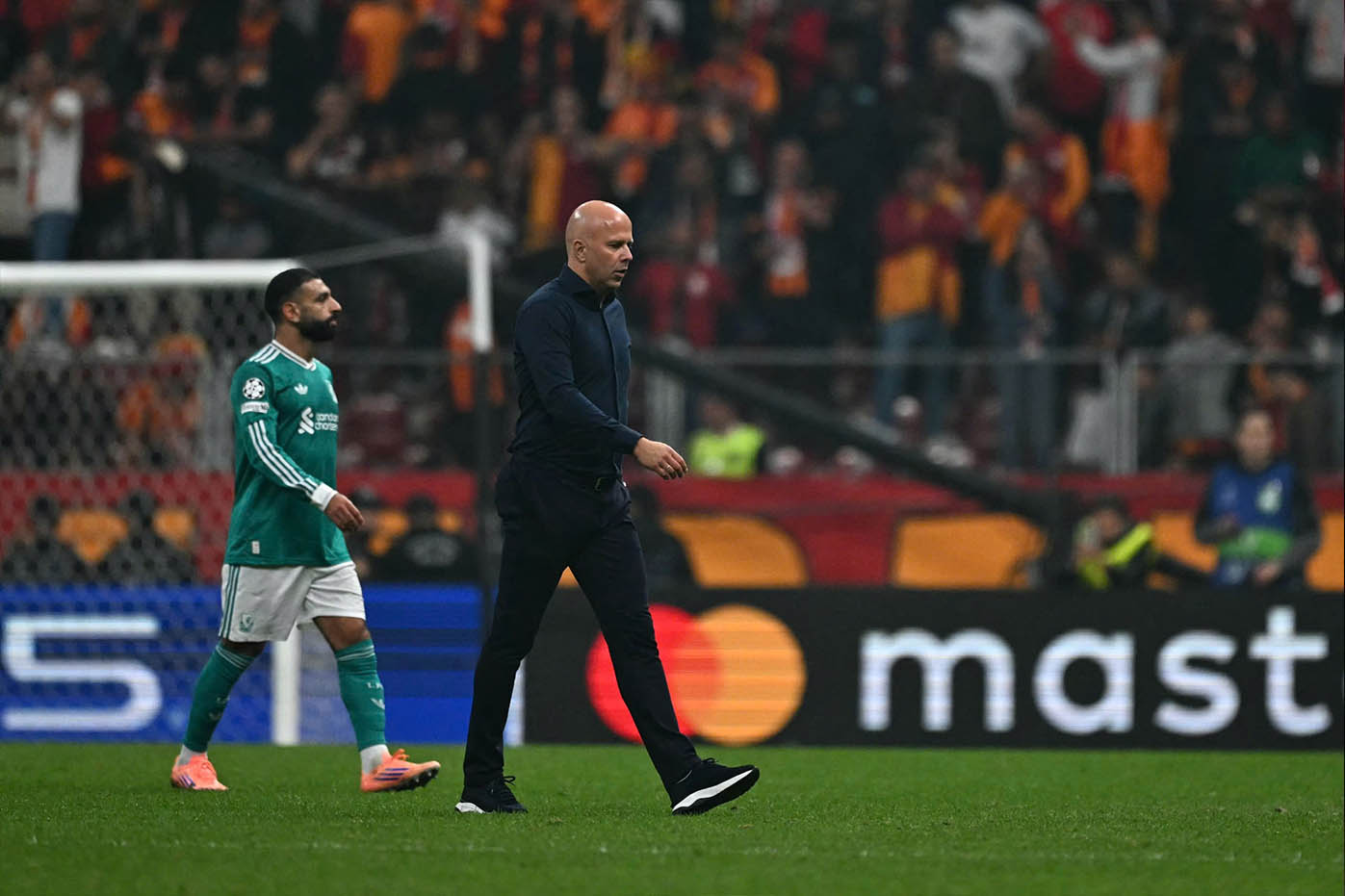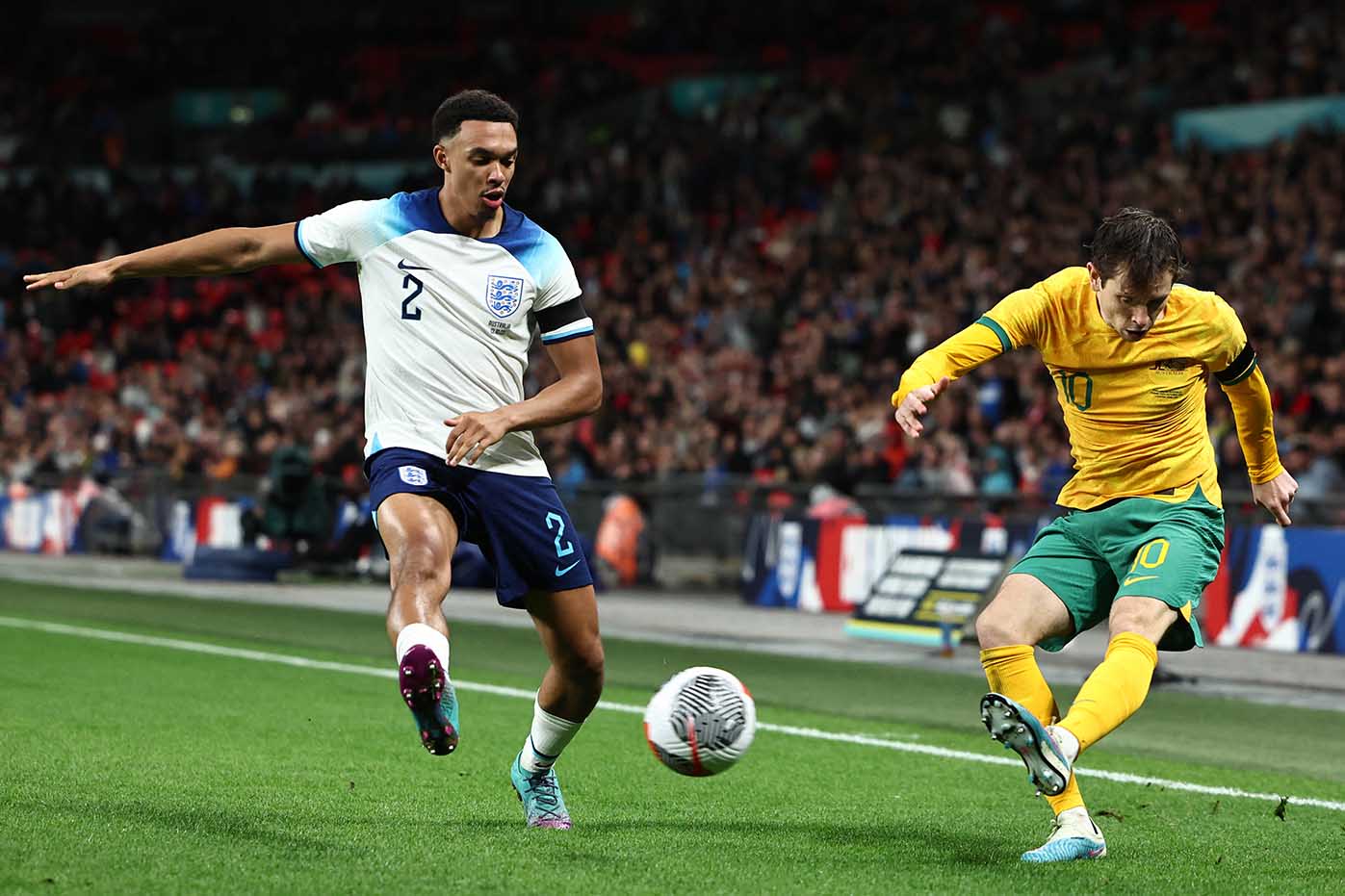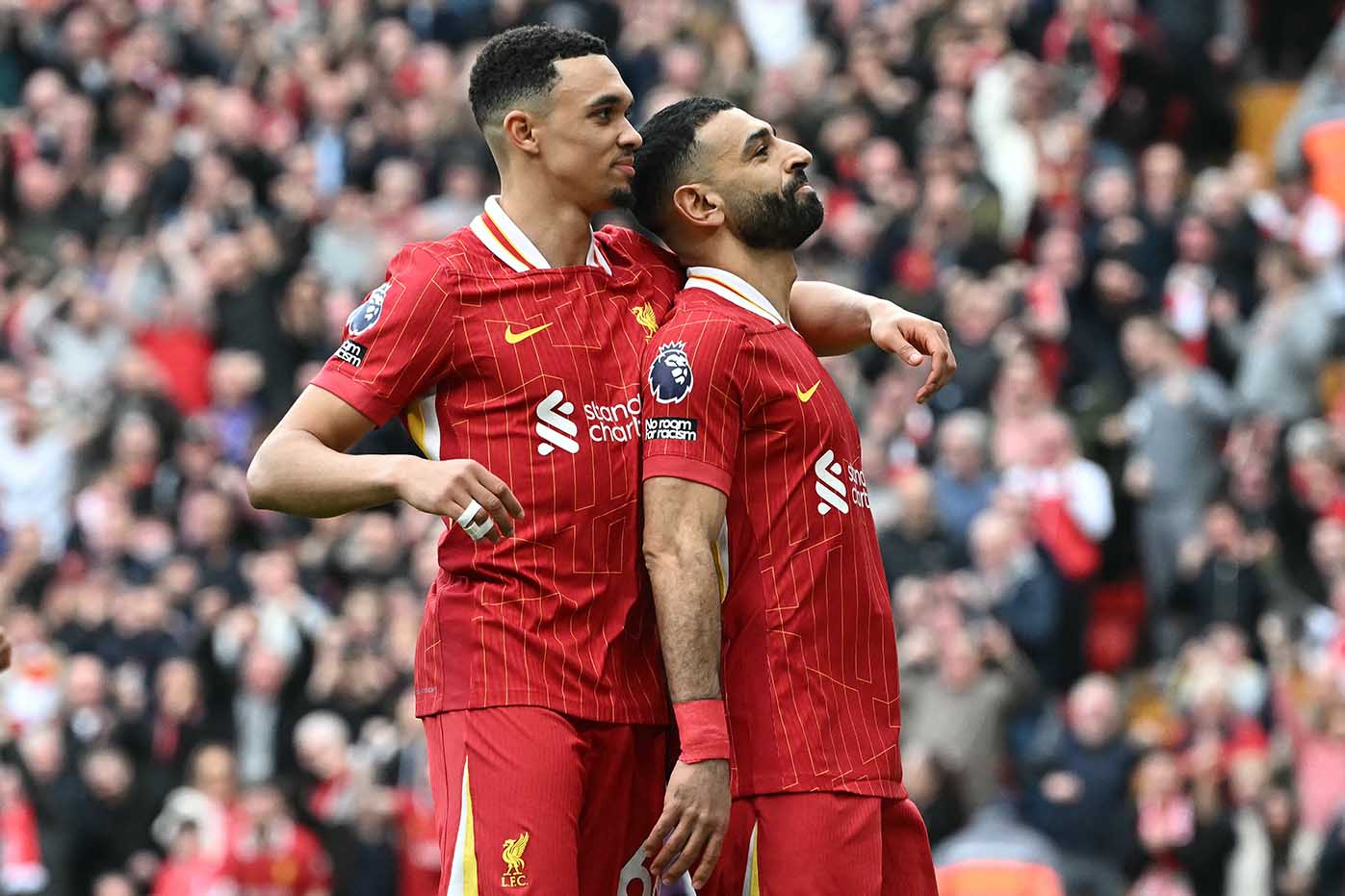Liverpool's two Premier League losses both came from last-minute goals conceded. However, what is more noteworthy is the big picture as The Kop have never played really well this season, even though they have won their first five games of the season.
The new recruits are still struggling to integrate, the new tactical system has not been effective and some pillars seem to be losing their form. Last season, Liverpool won the championship thanks to their tight control, winning evenly with a score of 2-0 like a brand.
They took the lead and extinguished the opponent's hopes. However, this season, everything has disappeared. The Merseyside side have become vulnerable in midfield, lacking organization and often relying on late goals to win.
It seems that Arne Slot is entering the tactical transition process. This was should have done him a year ago. As a result, Liverpool are losing their original identity.
Putting new recruits into a system that is still operating stably always has potential risks. Last season, Liverpool avoided that by adding only Federico Chiesa. However, this summer, they brought in up to 5 players and all of them are in the starting lineup, which means a series of changes in playing style.

When the diagram and the person are in sync
Arne Slot experimented with a 4-2-3-1 formation to create space for Florian Wirtz to play as a central conductor. However, that caused the familiar trio Gravenberch - Mac Allister - Szoboszlai to lose their inherent balance. Mac Allister has not yet returned to a full state after injury, while Wirtz has not yet integrated into the Premier League rhythm.
After a few disappointing matches, Slot was forced to return to the traditional 4-3-3 formation but the problem did not disappear. Center back Ibrahima Konate has declined, while the defense has often been put in a face-to-face position due to lack of coverage in midfield.
The question is why the central defender pair and midfield that operated smoothly last season have become so fragile?
Two core reasons
First, Liverpool's pressing system is no longer working effectively. When front pressure is broken, all the structures behind it fall apart. History has proven that in the 2020-2021 season when The Kop fell steadily after a period of broken pressing systems.
Second and more importantly, the departure of Trent Alexander-Arnold has cost the team a unique "tactical curve". The two new full-backs - Milos Kerkez and Jeremie Frimpong are completely different types of players.
Since his time at the academy, Alexander-Arnold has been trained as a central midfielder. He possesses technical qualities, long passing ability and the visibility of a real "number 8". Therefore, Trent is always mis put in the role of an England international, a defender but playing as an assist creator.

The problem is that Trent has never been a traditional full-back, being not excellent in Manpower and easily overtaking in Confrontation. However, in Jurgen Klopp's system before, that was not a problem. Trent does not need to defend like a classic. The 27-year-old star controlled the game with passes, not tackles.
Alexander-Arnold plays alone in a unique way and that makes him special and very difficult to replace.
What did Liverpool lose when Trent Alexander-Arnold left?
First, Liverpool lost the source of attack from home. Trent's 30'40m passes that were accurate to every meter were the key for Mo Salah to accelerate and score. Without him, The Kop lost their fast opening rhythm and Salah also had no space to exploit.
Second, Liverpool lost the bridge between defense and midfield. Trent's move into the middle, becoming a virtual midfielder alongside Gravenberch helps Liverpool always have more control of the space in the middle of the pitch. Frimpong is a pure full-back who likes to dribble the ball more than pass, prefers to run away than get into the middle.

In the context of Salah preferring to cut in to finish, Frimpong crossed the line to help the team expand, but they are still not in agreement. As a result, Salah has been on a nearly power outage for the entire start of the season, while the top freshmen are still struggling to find a way to coordinate.
With Trent Alexander-Arnold no longer at Anfield, Liverpool have not only lost one player, they have also lost ideas on the pitch. Those problems cannot be immediately replaced by money, transfers or any diagram.











